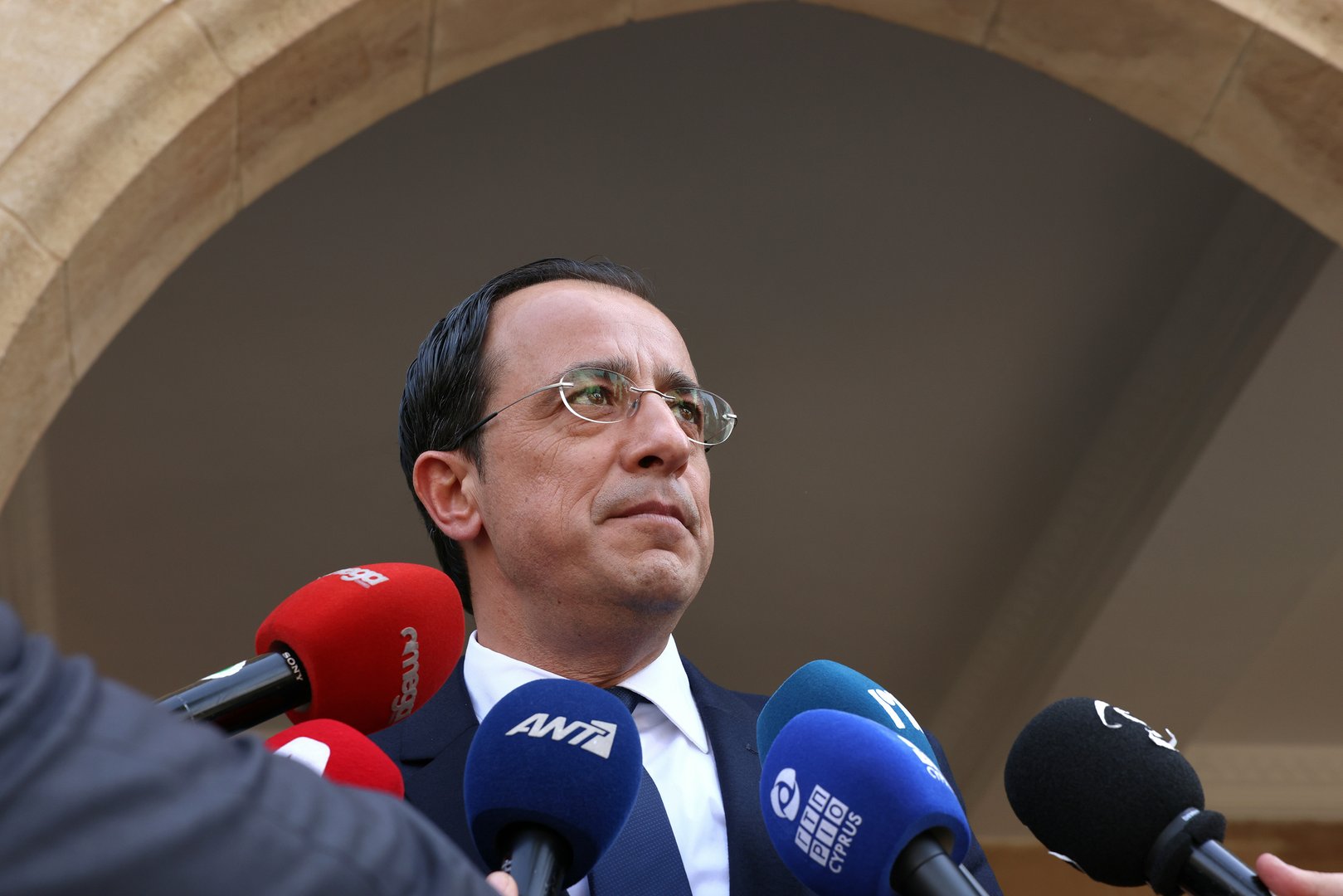Lawmakers on Tuesday indicated they would reject the president’s referral of a bill they passed in late March which provides that Turkish Cypriot properties in the south must undergo a structural integrity check before being leased.
MPs expressed their disappointment at the president’s veto of the law, and his reasons for it, but said they would formally make their position at the upcoming House plenary this Thursday.
The legislation in question had passed by unanimous vote on March 30. It mandates the Custodian of Turkish Cypriot Properties – the interior ministry – to see to it that Turkish Cypriot properties are certified for structural integrity before being leased to eligible persons.
These properties include residential units or business premises.
The issue came up after it became apparent the Custodian was leasing out Turkish Cypriot properties in an advanced state of disrepair.
The March 30 law is not retroactive – it would apply only to properties leased to Greek Cypriot refugees from now on.
MPs had argued that the state has both a legal and moral obligation to deliver residences that are safe and properly upkept, so that refugees do not live in fear and have to beg authorities for piecemeal maintenance works.
On April 13, President Nikos Christodoulides sent the law back, informing parliament he would not sign it as it was unconstitutional.
The president argued that the structural integrity checks would increase the state budget. Under the constitution, the legislature on its own may pass no law or regulation that raises government expenditures.
MPs were unimpressed with the president’s response.
In parliament on Tuesday, chair of the House refugees committee Nikos Kettiros (Akel) countered that structural integrity checks would in fact overall lower government expenditures on Turkish Cypriot properties.
He said that a structural integrity check on a property typically costs just €500. Whereas there have been documented cases where repairs to such properties, initially estimated at €30,000, end up costing as high as €90,000 – as additional problems come up along the way precisely because a structural integrity check did not take place beforehand.
Should MPs now double down and reject the president’s veto, and the president likewise does not withdraw his veto, the matter would end up in the supreme court.







Click here to change your cookie preferences